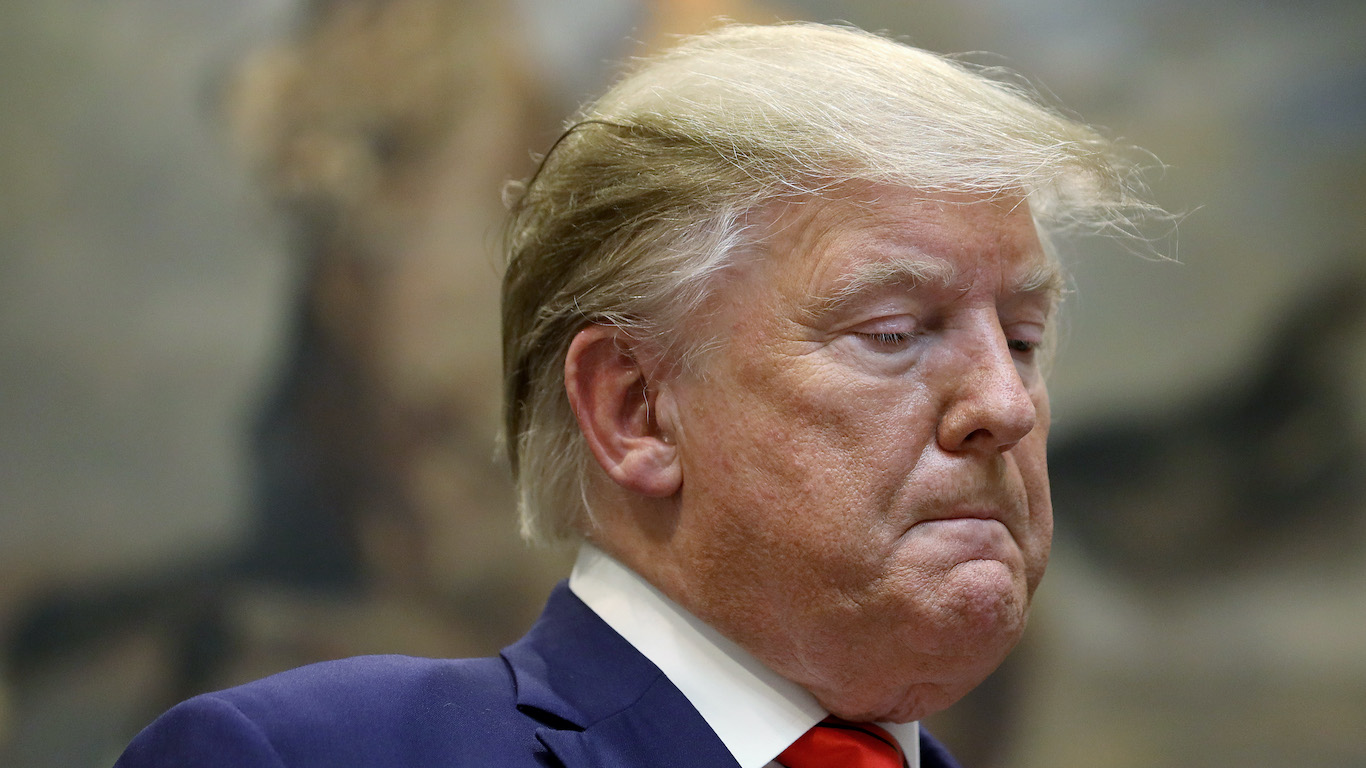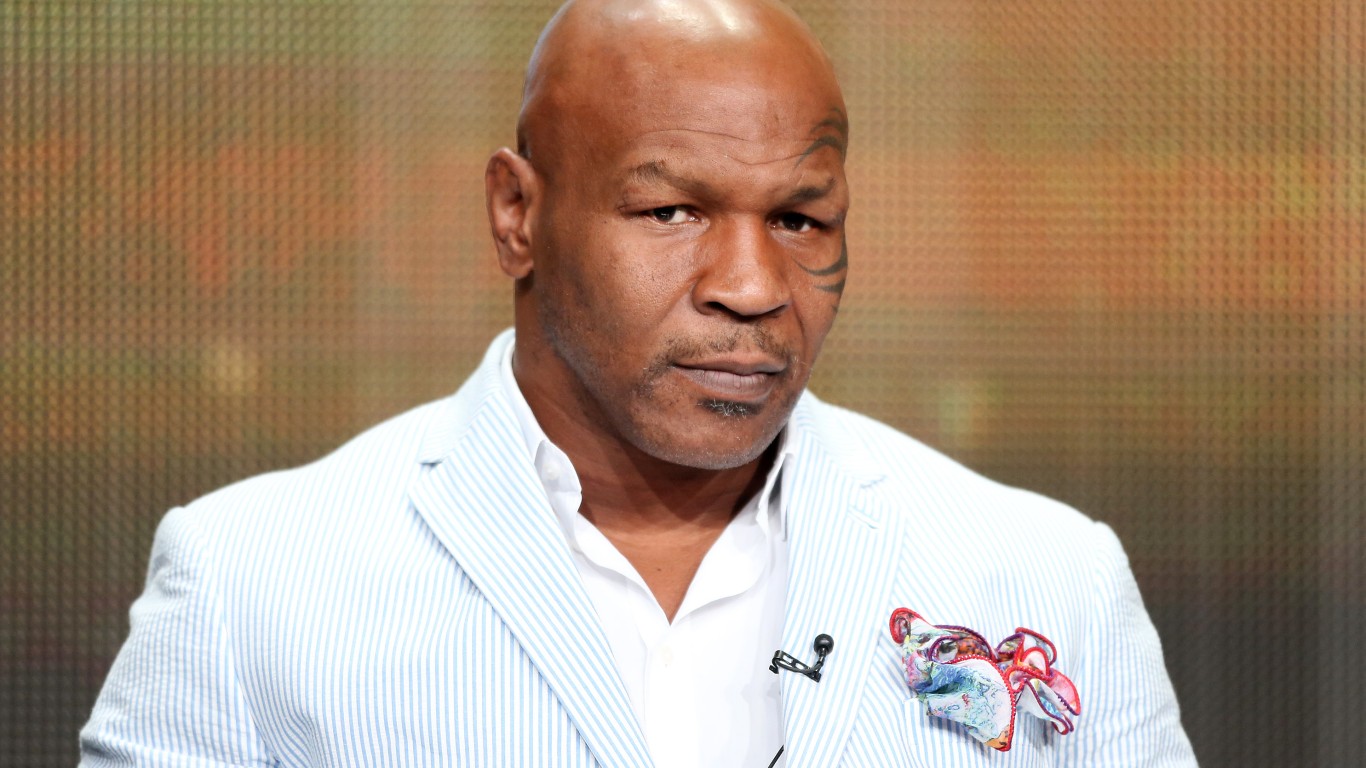
Despite intense criticism, Facebook Inc. (NASDAQ: FB) CEO Mark Zuckerberg is standing by his decision not to remove or add a warning label to a controversial post by President Donald Trump that has been viewed by many people as a threat of violence.
In an online meeting with employees Tuesday that lasted nearly an hour and a half, Zuckerberg said that even though he was personally upset by some of Trump’s posts, the decision to leave them on the social media giant’s platform was correct.
Zuckerberg said that after a “pretty thorough” review of Trump’s posts, he was not taking action “knowing that the decision that we made was going to lead to a lot of people being very upset inside the company and a lot of the media criticism we’re going to get.”
The Facebook CEO’s comments were reported by The Verge, which said it had reviewed a leaked recording of the meeting.
A Rare Display of Dissent
Tuesday’s online meeting was held after a rare public display of internal dissent. On Monday, hundreds of Facebook staff members staged a “virtual walkout.” They added an automated message to their online profiles and emails saying they were unavailable in a show of protest.
The social media behemoth with 2.6 billion active users each month is navigating some perilous waters as it tries to minimize damage to its advertising revenue from the COVID-19 pandemic, prevent politicians from removing legal protections, avoid angering employees and continue keeping users happy.
The business models of Facebook and other social media platforms depend on advertisers to pay the bills. Because of the COVID-19 pandemic that has people around the world staying home, Facebook has seen a huge increase in use of its messaging services and a big drop in advertising revenue.
Even though Facebook’s advertising revenue grew 17% year over year in the first quarter of 2020, it flattened in the first three weeks of April as the effects of the pandemic shutdown began to show up. In March, Cowen & Co. dropped its forecast for Facebook’s 2020 ad revenue by $15.7 billion, or 19%.
That was before protests and violence surrounding the killing of a black man, George Floyd, by a white Minneapolis police officer made it likely that many businesses will need more time to reopen, if they reopen at all. Advertising spending could stay depressed for some time.
Facebook Shops Adds to the Small Business Mix
One new feature, Facebook Shops, is aimed at helping small and midsized businesses make sales on the platform. Previously, a reported 90 million businesses were using Facebook to let potential customers know about their offerings. Until now there was no mechanism to complete sales. With Facebook Shops, small and midsized merchants can conduct business even while their locations remain closed.
But that is just one part of Facebook’s balancing act.
To draw the billions of eyeballs to see advertising and now shop on the platform, Facebook needs the content that those users provide. The company avoids the liabilities that could be associated with that content because a federal law holds social media harmless when they do not create or edit the content.
Trump has threatened to take action against social media platforms that remove his posts or add warning labels to them. Last week he signed an executive order encouraging the Federal Communications Commission to review Section 230, a law that is more than 20 years old and has been credited with allowing social media to flourish.
Part of the 1996 Communications Decency Act, Section 230 says: “No provider or user of an interactive computer service shall be treated as the publisher or speaker of any information provided by another information content provider.”
This has given social media platforms broad protection from liability when users publish material on them, even if that material is libelous. It also protects the platforms for their content moderation policies.
Trump’s executive order also directs the Federal Trade Commission to review complaints of “online censorship.”
Generally, the stock market does not like disputes between companies and the president. It also can be jolted by reports of employee unrest.
Investors are unlikely to be moved by social justice issues, Jim Cramer said Monday on CNBC, “Investors are simply trying to make money, and that’s why they’re crowding into the stay-at-home economy stocks,” he said.
Shares of Facebook have traded down about $8 from a recent high of around $240. The stock closed at $232.72 Tuesday, down 0.35% from the previous day’s close. The 52-week range is $137.10 to $240.90.
The #1 Thing to Do Before You Claim Social Security (Sponsor)
Choosing the right (or wrong) time to claim Social Security can dramatically change your retirement. So, before making one of the biggest decisions of your financial life, it’s a smart idea to get an extra set of eyes on your complete financial situation.
A financial advisor can help you decide the right Social Security option for you and your family. Finding a qualified financial advisor doesn’t have to be hard. SmartAsset’s free tool matches you with up to three financial advisors who serve your area, and you can interview your advisor matches at no cost to decide which one is right for you.
Click here to match with up to 3 financial pros who would be excited to help you optimize your Social Security outcomes.
Have questions about retirement or personal finance? Email us at [email protected]!
By emailing your questions to 24/7 Wall St., you agree to have them published anonymously on a673b.bigscoots-temp.com.
By submitting your story, you understand and agree that we may use your story, or versions of it, in all media and platforms, including via third parties.
Thank you for reading! Have some feedback for us?
Contact the 24/7 Wall St. editorial team.
 24/7 Wall St.
24/7 Wall St.